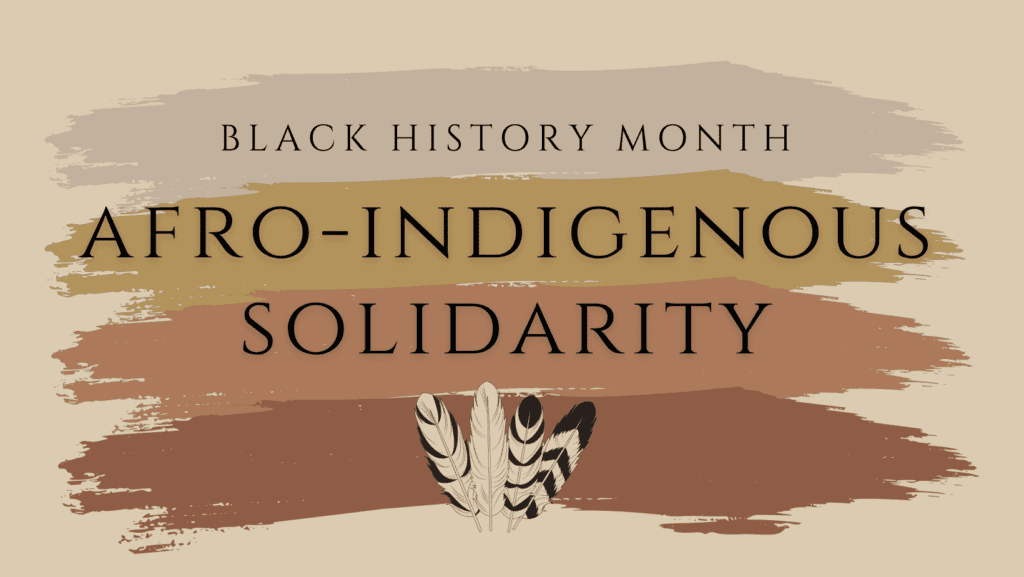February is dedicated to the history, education and celebration of Black American culture. It was first launched as “Negro History Week” in 1926 by Carter G. Woodson and the Association for the Study of African American Life and History (ASALH) to assist school systems in sharing the history of Black Americans. In 1976, February was decreed Black History Month and each year presented a theme. The theme for Black History Month 2021 is “Black Family: Representation, Identity and Diversity.”
This past year, we witnessed a pandemic that disproportionately impacted Black, Indigenous & People of Color (BIPOC) communities. We also witnessed continued instances of police brutality that sparked widespread protests and national organizing by groups pushing for racial justice. These events have also generated a re-examination of the education system’s failure to teach accurate history of Black and Indigenous people.
It’s important to recognize that this year’s theme discusses representation, identity and diversity. In almost every Indigenous community there are members who identify as both Indigenous and Black and may consider themselves Black Indian, Afro-Indigenous or Indigenous-Black. They continue to fight for their recognition within their own communities. This is their month to celebrate as well.
There is a history of Black erasure and anti-Black racism throughout the world that is also found among Indigenous communities. To acknowledge and become aware of the history of Black and Indigenous struggles, we must reckon with the history of our nation. This includes recognizing a history of stolen Indigenous land and African slave labor. We must also recognize divisions created between Black and Indigenous people through federal law with blood quantum and the one-drop rule.
Blood quantum: Was developed by the federal government as a system used to determine how much “Indian blood” an Indigenous person has and is still used in most reservation enrollment systems today. It was put in place to limit citizenship access and to eventually decrease tribal rolls and lead to its demise.
One drop rule: Was created in the American South meaning that a single drop of “Black blood” makes a person black. This was created so that any black persons, whether they were mixed with white or another race, were assigned to the subordinate group of “Black” to be used as free labor (i.e. slavery).
It’s important to create space for Afro-Indigenous identities to be reclaimed and celebrated and for Black and Indigenous communities to stand together in solidarity for a better future. The power of carrying both identities is beautiful and reclaiming that power can heal Black and Indigenous communities collectively.
Podcasts to listen to on the Afro-Indigenous experience include:
- The Henceforward
- Then & Now
- Got Science?
- African/Indigenous Improvement Organization Radio
- Breakdances with Wolves Podcast (Ep. 101)
Let’s honor the many Afro-Indigenous identities and celebrate the rich history of Black culture that has shaped our country. Consider supporting an Afro-Indigenous business, learning ways of which your community is celebrating the month and engage in positive dialogue while sharing information on social media with family and friends.
Take time to educate both yourself and others of the history of Afro-Indigenous culture. We all have things we can learn!

